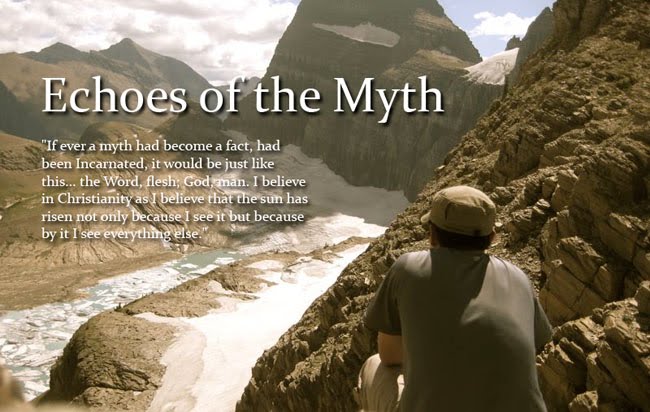I just found out yesterday that a friend that I met back in January was one of the aid workers who was killed in Afghanistan last week. Even though we weren't the closest of friends, our short time together forged such a strong sense of partnership that when I found out what happened I was left with a great sense of loss. I remembered reading the article about an attack earlier last week only because since January I have been interested in all things Afghanistan. I simply scanned the location of where the attacks happened and when I saw it wasn't in any of the cities I knew of, I quickly moved on. This is case in point Neil Postman's critique of our modern age of information - it allows us to scan and receive information wihtout context and thus without response.
I had no idea that someone I knew was one of the victims. Church that day was a strange experience, thinking about these deaths, but at the same time realizing that there was something very right about the way they died. This is perhaps where the concept of Christian hope and mission redefines the purpose of suffering. I think of Col 1:24 in that suffering, especially vicarious suffering, is still very much part and parcel of the Christian life and mission. Simply put, having our lives on the line and dying for the sake of Christ isn't an oddity, it's very much the norm. It's the way we should go! So while I grieve, I also rejoice because my friend was counted worthy, someone I knew died in the most God-honoring, purposeful way that I can imagine. It is people like this, the hitherto "unknown saints", who will be the greatest in the kingdom, and for that I rejoice...yet I also weep because my friend is gone. What a confusing grief!
The NY Times had an interesting take on the lives of all of the slain. The article listed of all the things that these individuals left behind to work in Afghanistan. The angle was to show how noble these people were, giving up such lucrative things as medical practices back home, $150,000 salaries, prospects of marriage, etc. However, I think that is dishonoring to their memory. I'm sure for them these were not sacrifices, but no-brainers. The article made no mention (and couldn't possibly expected to) of what they CHOSE to pursue. They weren't just trying to do kind deeds for the Afghan people, they responded to a call to be involved in a larger plan, a global mission, one that bid them come and die. You see, the world can only measure the value of a life lived by the commodities and measures of scale that it knows, it has no categories or units for an invisible kingdom that is like a buried treasure hidden in a field or a Savior whose blood is more precious than gold. What the NY Times doesn't get, I will state clearly here, "he is no fool who gives what he cannot keep to gain what he cannot lose." Sleep well, my brothers and sisters, you are precious to the Church - we miss you- but even more precious to our Lord - we rejoice over you.

No comments:
Post a Comment